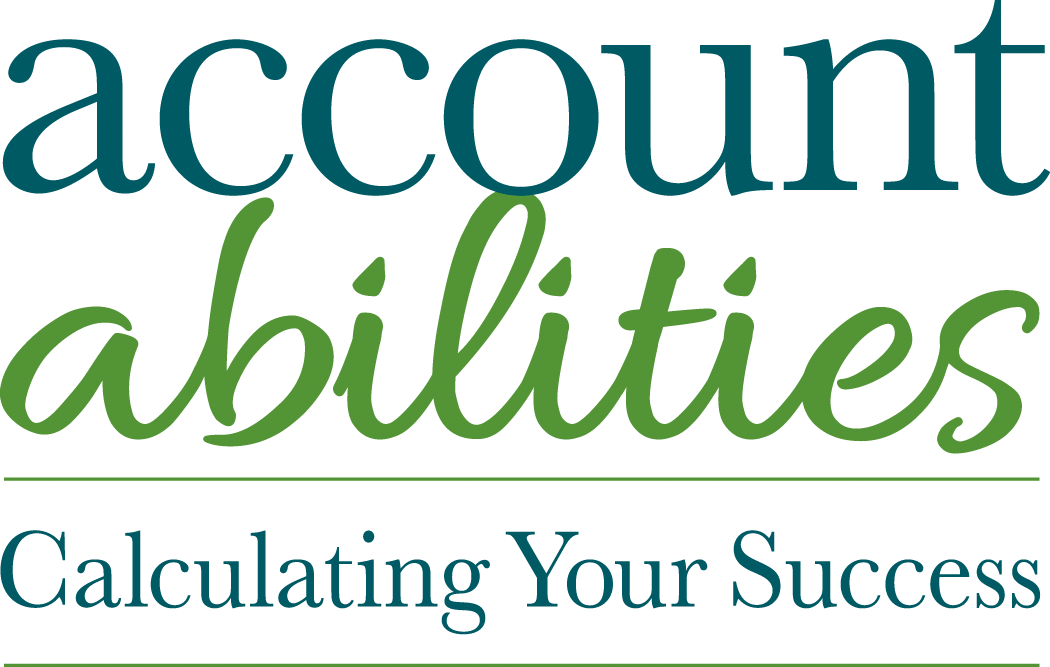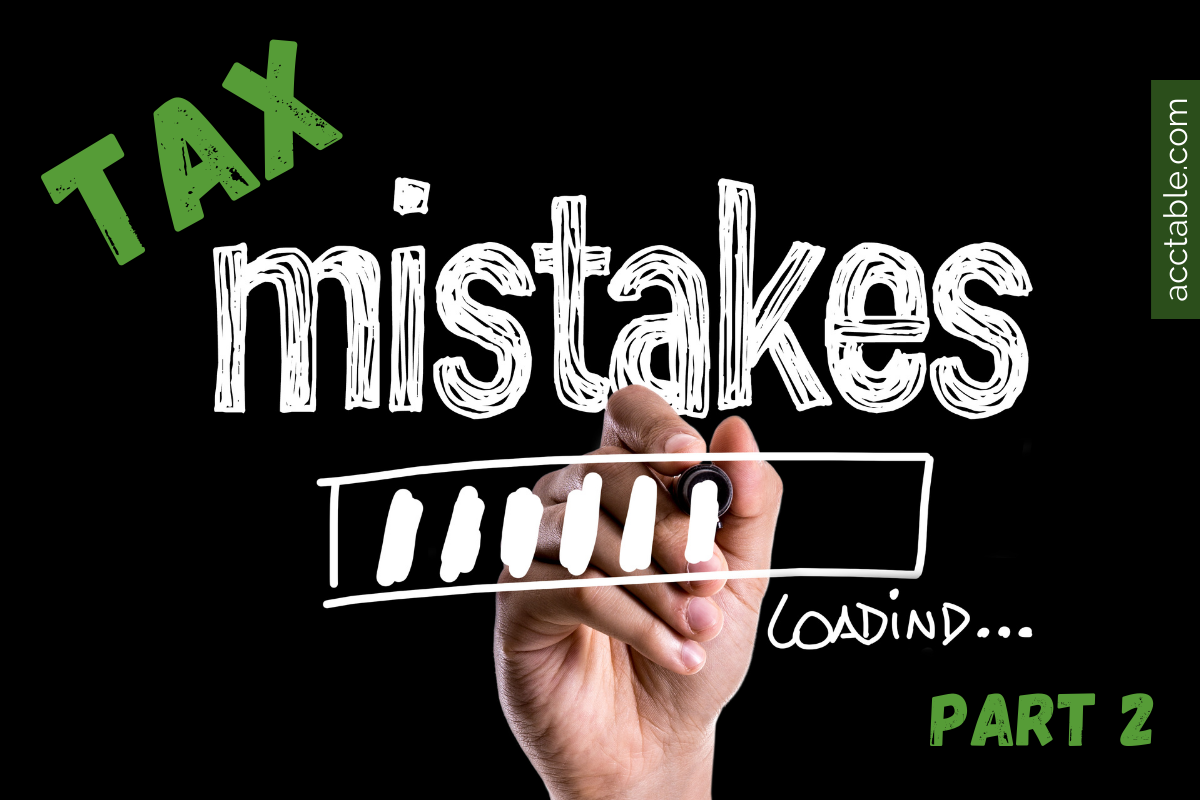Tax Mistakes to Beware of as a Small Business Owner:
We are working our way through common tax mistakes we see small business owners make. Check out Part 1 of this series to get the first half of this important list.
Let’s pick up where we left off!
11. Not Taking Advantage of Retirement Plans –
As a business owner, you have the opportunity to contribute more money into a retirement plan than the standard 401k. There are several different types of retirement plans to choose from with maximum limits of $61,000 for 2022. Take this opportunity to stuff some serious money away!
12. Misreporting Charitable Contributions –
Charitable contributions are not listed as a business expense, but rather flow through to your Schedule A on your 1040: Individual Income Tax Return.
13. Calculating the Qualified Business Income Deduction Correctly –
QBI is new as of 2018 and is fairly complex. As a 20% deduction, you want to take every bit you can. The most common mistake we find is that QBI is missed for rental properties. Not all rental properties qualify for the QBI, but many do.
14. Confusing State and Federal Tax Laws –
Each state has their own tax laws and it is your responsibility to know them both and apply them correctly. Often, we assume that the laws are the same and then misreport the expenses.
15. Incorrectly Classifying Your Business –
Each business is required to report its business activity with the corresponding NAICS Code. This code is important because it helps the IRS identify what income, expenses and the proper ratios to expect. If you can not find the correct NAICS code, you can use the unclassified code of 999999. We commonly see this code on tax returns and have to correct it. Take the time to look up the correct code.
16. Skipping Home Office Deduction –
Claiming the home office deduction does not raise red flags like most people believe. The home office deduction is a legitimate expense that many business owners are entitled to take. As long as your home office is exclusively and regularly used as your principal place of business you may take the deduction.
17. Relying on the IRS to Find Your Mistakes –
We all want to believe that the IRS will fix our mistakes (and in some situations they will), but for the most part, they are not aware of mistakes made. If you find that you have made a mistake, file an amended return to correct the return.
18. Commingling of Funds –
Mixing your business & personal funds is never a good idea. It makes tracking very hard and can create a mess. If you have formed an LLC or a corporation, you will lose liability protection which leaves your personal assets unprotected.
19. Lack of Recordkeeping –
Too often we say “no” when we are asked if we want a receipt or toss them out at the end of the day. Business tax records and receipts need to be kept for three years. Credit card or Bank statements do not satisfy this requirement. The IRS wants to see the details, not just the total amount. As long as you can put your hands on the receipts if ever needed it doesn’t matter if they are organized or tossed in a box.
If you find yourself dipping into any of these categories, take a step back and reevaluate. Don’t fall into the trap of making the same mistakes over and over! Running an efficient and profitable business is worth the effort!


